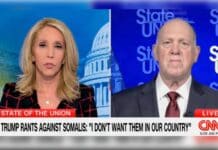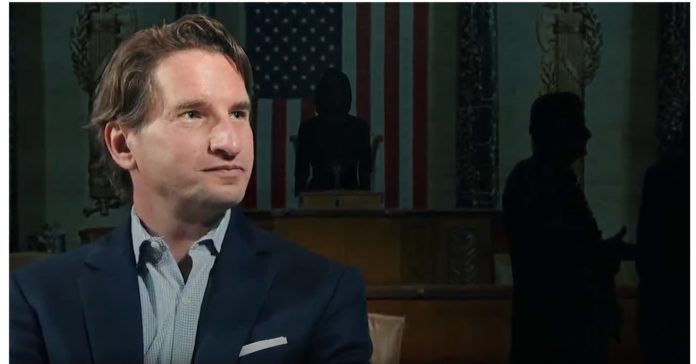In the last Democratic Presidential debate, former New York City mayor Mike Bloomberg appeared to slip up when he said he “bought” 21 of the 40 seats that Democrats picked up in the 2018 midterms to win the U.S. House.
The slip-up came when Bloomberg, eager to show Democrats he’s no Republican, bragged that he was integral to helping Democrats take the House in 2018. Of the 40 seats that were picked up by Democrats, Bloomberg said, “21 of those were people that I spent $100 million to help elect.”
He should have stopped there. But he went on: “All of the new Democrats who came in, who put Nancy Pelosi in charge and gave the Congress the ability to control this presidency, I bought— I, I got them.”
Dean Phillips
Notable to Minnesota voters, one of these 21 candidates that Bloomberg spent over $100 million on was Minnesota’s very own Dean Phillips, Congressman for the state’s 3rd Congressional District. According to the campaign of Kendall Qualls, Bloomberg spent $1,336,378 to put Dean Phillips in Congress.
According to the Qualls campaign, “To get the ball rolling on Phillips’ asking price for 2020, the NRCC sent him a “For Sale” sign, so we all know how much it costs for him to be bought by a billionaire.”
Bloomberg’s money and politics
Indeed, Bloomberg really did spend $100 million in 2018. And many of those who received money from him in that cycle, or at some other time, have come out and endorsed him. All told, 14 House Democrats have endorsed Bloomberg to-date.
This is a stunning number given Bloomberg’s debate performances and place in the polls, and can only be explained by the hefty sum of money Bloomberg plans on continuing to throw at his political allies.
Already, after he announced he would join the Democratic primary, Bloomberg has spent $500 million (half a billion dollars) in an attempt to pick up steam heading into Super Tuesday, on March 3—where over a dozen states head to the polls, which could determine the Democratic frontrunner.
Bloomberg said he plans on spending even more of his vast personal wealth, estimated at over $60 billion, on winning the presidency. For comparison, Donald Trump is worth much less than $10 billion, and spent very little of his own money to win in 2016.
Because of this, Bloomberg’s attempted rise has many on both the right and the left worried about the impact of big money on politics. Critics of both stripes have accused Bloomberg of “trying to buy the presidency,” which is one reason why his slip-up at the debate was such a bad look.











